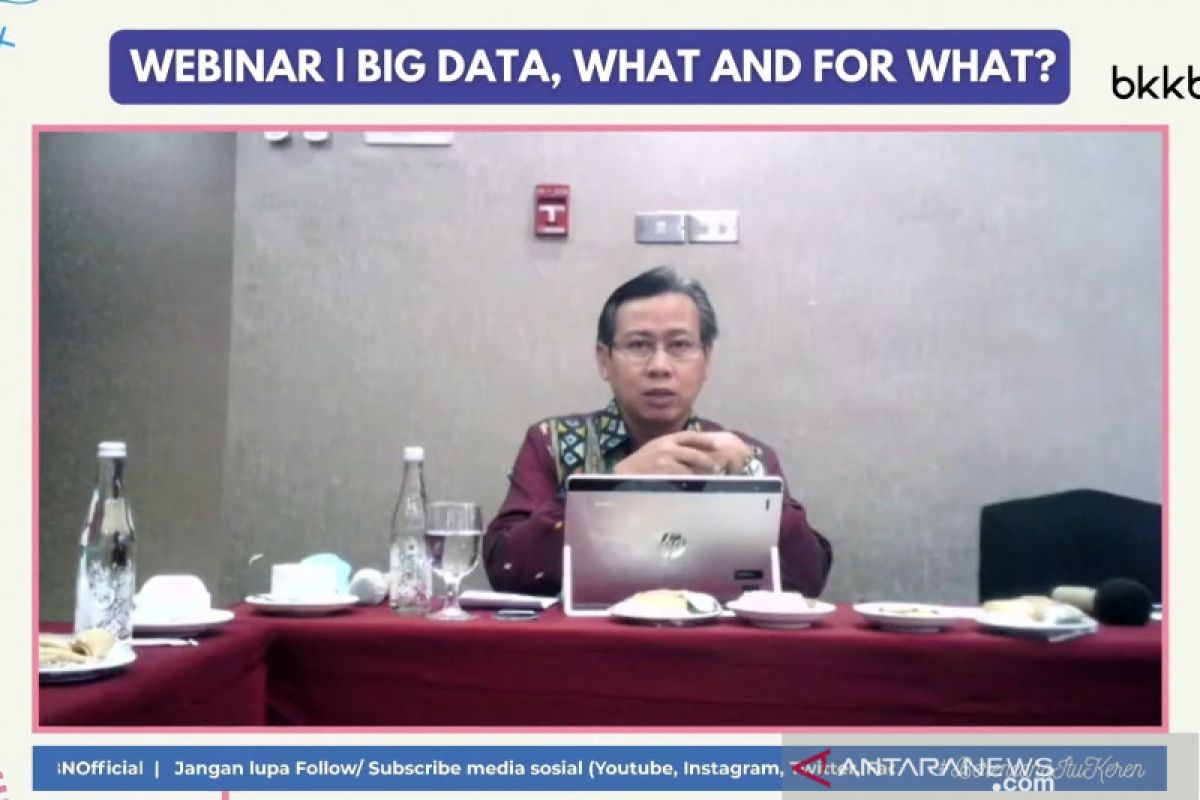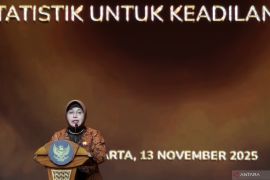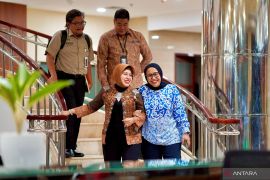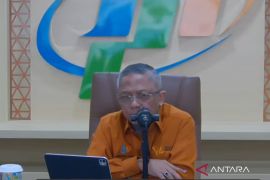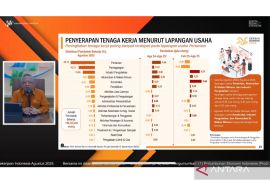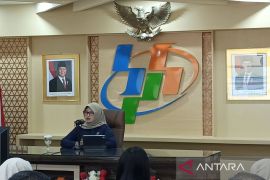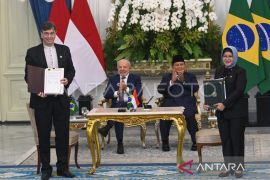When we talk about early human development, one of the age factors we should consider is (the population) at age 0-4 years or 3-6 years.Jakarta (ANTARA) - The Central Statistics Agency (BPS) has highlighted three crucial issues that Indonesia needs to take into account to groom quality human resources in pursuit of its Golden Indonesia 2045 goal.
“In regard to the demographic bonus, (we should think of) how to groom excellent human resources. (In pursuit of Golden) Indonesia 2045, I will highlight three factors,” BPS deputy head for social statistics, Dr. Ateng Hartono, said at a webinar organized by the National Demography and Family Planning Agency (BKKBN) here on Monday.
The first crucial issue that must be taken into account is early human development related to the employment of the population entering the working age and the empowerment of productive senior citizens, he stated.
"When we talk about early human development, one of the age factors we should consider is (the population) at age 0-4 years or 3-6 years," he added.
The rough participation rate of the population in the 3-6 age group in pre-schools is recorded at 37.9 percent, while the rough participation rate of the population in the 0-6 age group this year is fairly small at 32.46 percent, he said.
Related news: Policy reforms instrumental in realizing developed Indonesia by 2045
Related news: Population census instrumental in Indonesia 2045 vision: BPS
In the meantime, Indonesia's stunting rate stood at 30.8 percent in 2018 and declined to 27.70 percent in 2019, he informed.
Hence, the main challenge to early human development in the country is the high stunting rate and the relatively small number of pre-school age children, he said.
Looking ahead, to realize the goal of a Golden Indonesia in 2045, the country needs to improve early childhood education and nutrition and reduce stunting rate, he observed.
The other issue that the country needs to take into account is open unemployment rate in creating job opportunities, he pointed out.
Ateng said the number of unemployed senior high school and diploma graduates is still fairly high. Therefore, he said, he hoped educated productive workers would be given a wider chance to help achieve Golden Indonesia 2045.
He said 49.8 percent of senior citizens are still employed and 65 percent of them are male.
"That many senior citizens are still employed means that several factors need to be considered as to whether they are employed to meet their needs or dedicate their life to positive social activities," he added. (INE)
Related news: Indonesia's population to reach 319 million in 2045
Related news: Indonesia's economy needs 7% growth for Vision of 2045: official
Translator: Katriana/Suharto
Editor: Yuni Arisandy Sinaga
Copyright © ANTARA 2020
